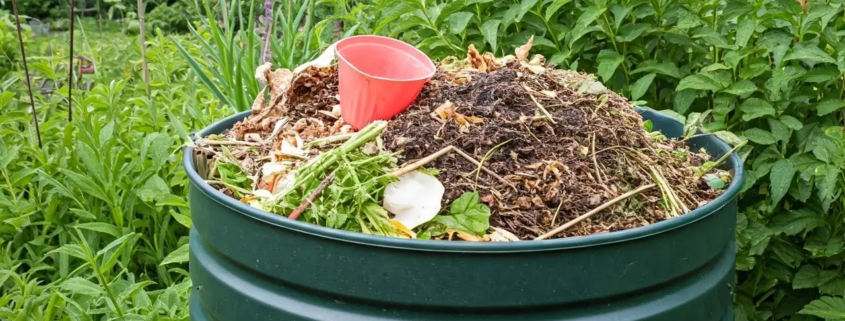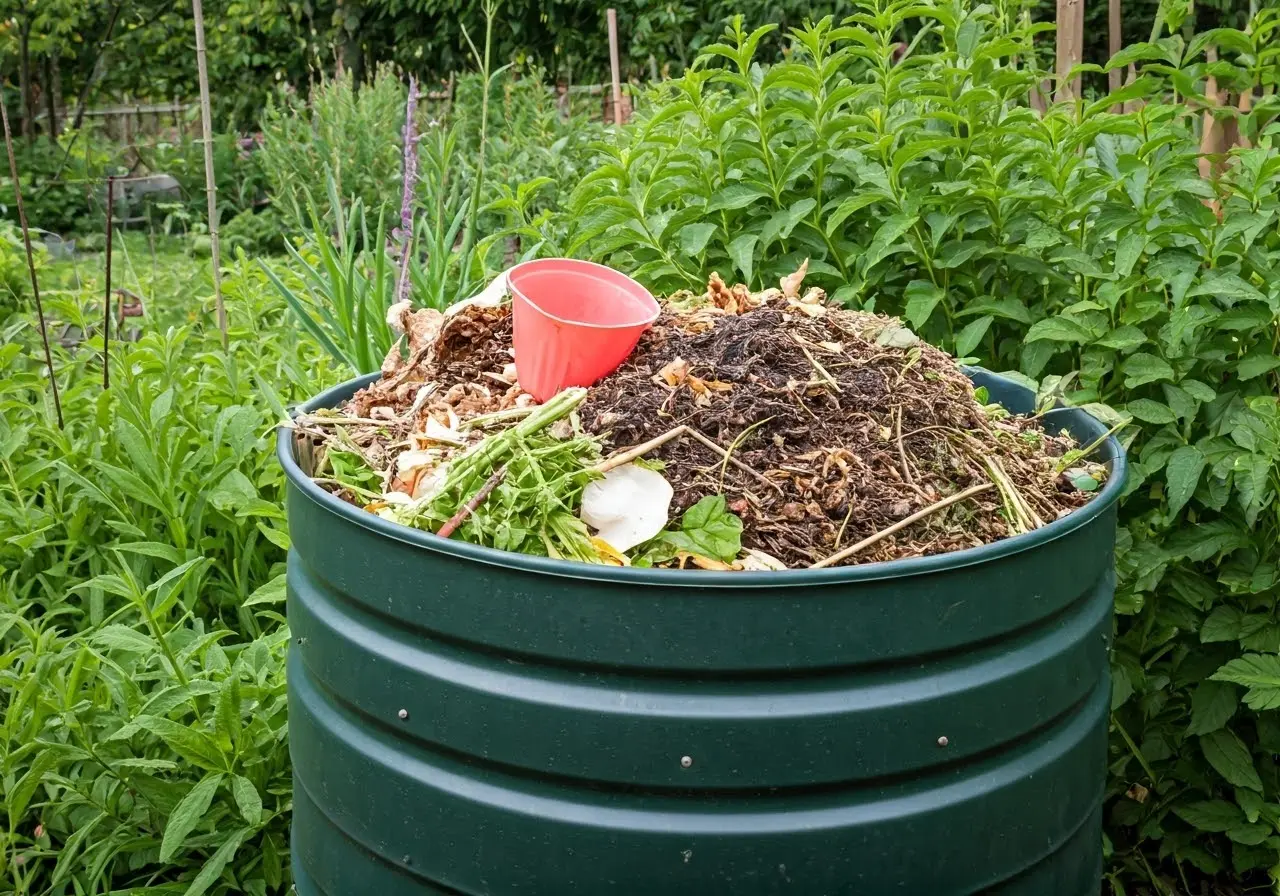15 Simple Ways to Streamline Your Yard Waste Removal in Atlanta
Are you tired of the hassle and mess of yard waste piling up in your Atlanta home? Say goodbye to the stress with these simple and effective tips. Whether you’re a seasoned gardener or a novice landscaper, we’ve got you covered with practical ways to make yard waste removal a breeze.
1. Understanding Local Regulations
Familiarize yourself with Atlanta’s yard waste disposal rules to avoid fines and ensure compliance. Knowing what’s accepted and what’s not can save you time and headaches. The city has specific rules about what constitutes yard waste and how it should be disposed of. Understanding these details ensures that your waste management efforts are both legal and efficient.
Atlanta’s yard waste policies often require you to bundle branches and use biodegradable bags for leaves and grass clippings. By keeping up-to-date with these regulations, you can plan your yard waste disposal more effectively and contribute positively to the community’s environmental goals.
2. Composting Benefits and Basics
Turn your yard waste into nutrient-rich compost. Learn the basics of composting and how it can reduce waste while enhancing your garden’s soil. Composting doesn’t only reduce the volume of waste going to landfills; it also transforms organic waste into a resource that enriches your garden soil. You can start with a simple compost bin and gradually build it into an integral part of your gardening routine.
Balance your compost with a mix of green (nitrogen-rich) and brown (carbon-rich) materials. Mixing these components reduces odors and speeds up the composting process, yielding productive results without a lot of effort. Such environmentally friendly practices make your garden not only thriving but sustainable.
3. Using Mulch to Your Advantage
Instead of tossing yard waste, transform it into beneficial mulch. Discover how mulching can retain soil moisture and control weeds. Mulch serves as a natural barrier against weeds and retains moisture, thereby cutting down your horticulture efforts significantly. It can be made from bark, leaves, or grass clippings, giving you a sustainable way to recycle yard waste.
Applying mulch correctly involves spreading it uniformly over your garden beds while ensuring it doesn’t suffocate plant stems or tree trunks. By using this eco-friendly solution, you not only improve the aesthetic of your yard but also promote healthy plant growth.
4. Scheduling Regular Maintenance
Create a consistent gardening schedule to prevent the buildup of yard debris. Regular maintenance can make waste removal more manageable. For instance, plan your pruning, mowing, and raking tasks regularly to minimize labor. By adhering to a routine, you harness the benefits of consistency, allowing smaller tasks to replace overwhelming projects.
Routine maintenance is empowering because it prevents large accumulations of waste. Once you’ve established this habit, yard waste removal becomes an easy part of your week rather than a daunting task.
5. Choosing the Right Tools
Invest in quality tools to simplify waste removal tasks. The right equipment can make a world of difference in efficiency and ease. Consider tools that offer ergonomic benefits like comfortable grips and lightweight designs to reduce physical strain during longer gardening sessions.
6. Hiring Professional Services
Consider hiring Atlanta-based professional yard waste removal services for hassle-free cleanup. They can handle heavy lifting and complex tasks with ease. Professional services not only save you time but also ensure that yard waste is disposed of in compliance with local regulations. This option comes in handy for those with large properties or limited time for self-maintenance.
Reputable companies often recycle or compost the waste they collect, minimizing your ecological footprint. Moreover, their expertise in waste management allows them to tackle removal tasks efficiently and responsibly.
7. Utilizing Public Drop-Off Services
Take advantage of local drop-off sites for yard waste. These facilities can alleviate the need for curbside pickup in certain situations. Public drop-off locations are typically designed to process yard waste, allowing residents to dispose of materials that might not fit municipal collection guidelines. This service can be especially beneficial after large gardening projects or storm clean-ups.
8. Creating a Yard Waste Station
Set up a designated area for collecting yard waste. An organized station ensures efficiency and convenience for your waste removal routine. By having a specific spot for yard debris, you streamline the sorting and accumulation, which leads to easier transportation to public drop-off sites or use for composting purposes.
Consider using covered bins or containers to prevent the organic material from becoming damp and compacted, which can lead to odors or attract pests. With a proper structure in place, you can maintain a cleaner and more efficient yard waste system.
9. Repurposing Yard Waste Creatively
Think outside the box and repurpose yard waste for creative projects. From DIY garden decorations to functional landscape elements, the possibilities are endless. For example, wood chips from branches can be used as garden paths, and excess soil can be utilized in raised flower beds.
10. Engaging in Community Cleanups
Join community cleanup events to tackle larger yard waste challenges. Collaborating with neighbors can foster a sense of community and keep your area pristine. Through organized efforts, local residents can achieve a cleaner environment while strengthening neighborhood bonds.
11. Educating Family Members
Teach friends and family about efficient yard waste management. Their involvement can ease your burden and promote environmentally friendly habits. By educating others, you create a supportive network that shares in the responsibility of sustainable garden maintenance and waste disposal.




